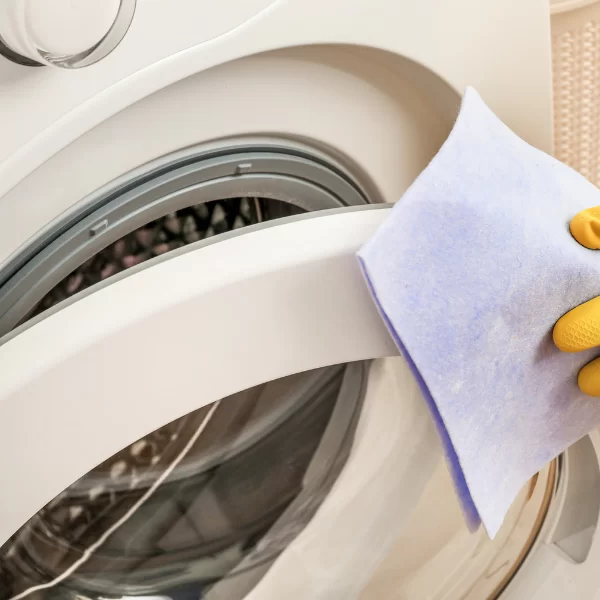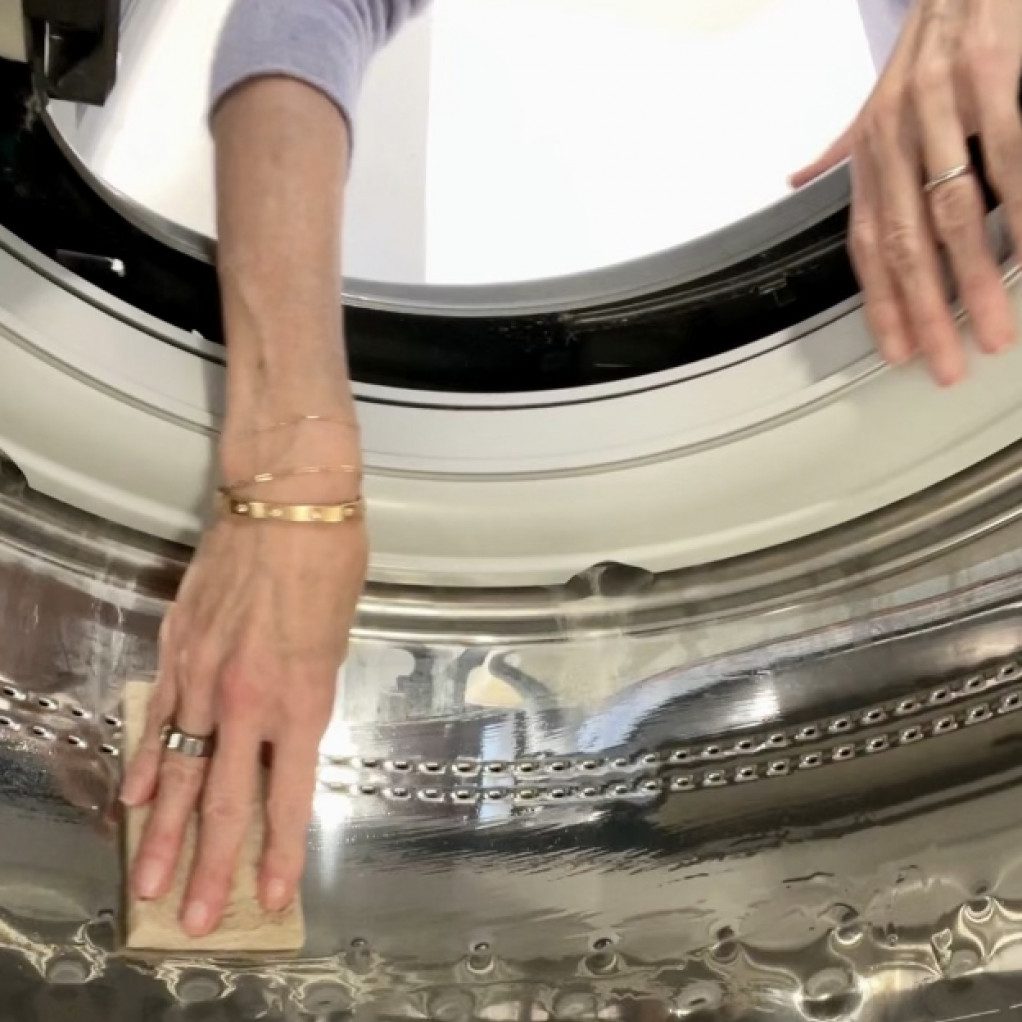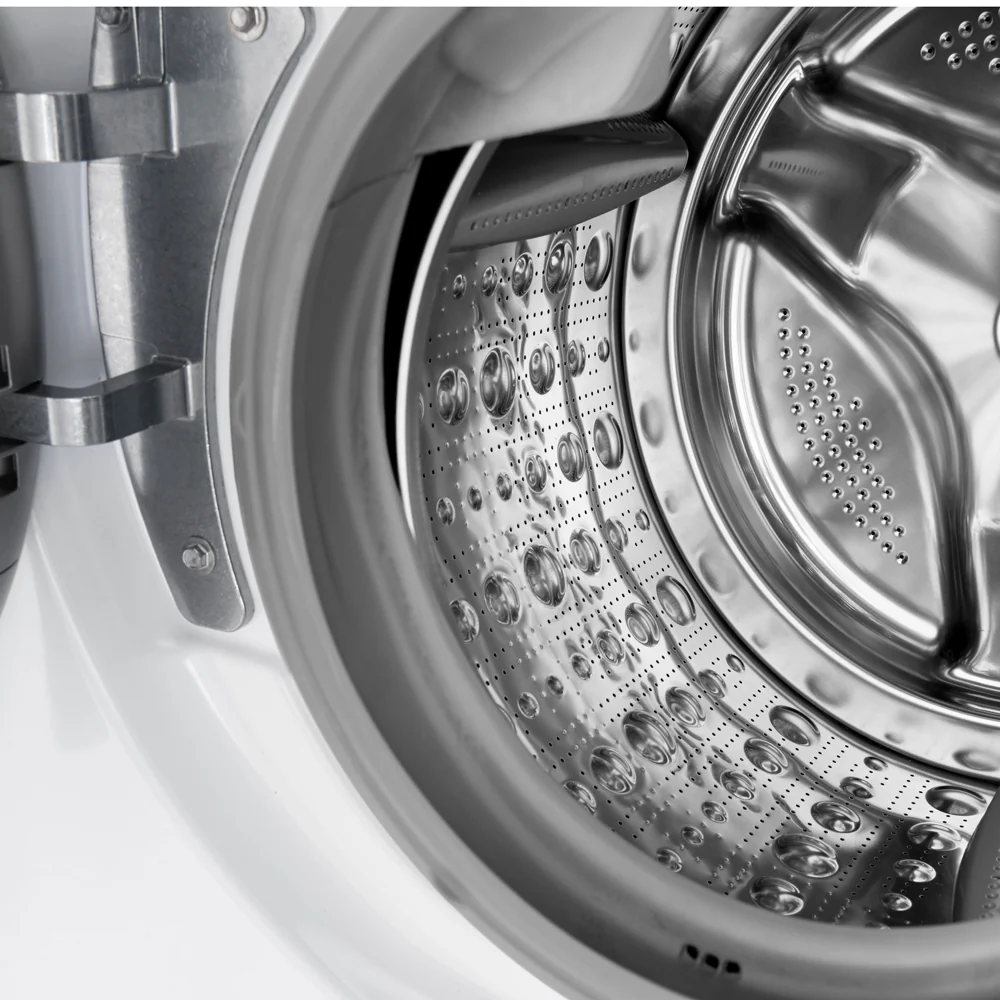It’s an all-too-common household issue—a stinky washing machine that leaves your laundry smelling less than fresh. While a washing machine is designed to keep our clothes clean, sometimes it ends up smelling foul. If you are dealing with a stinky washing machine, you’re not alone. This problem can arise due to a variety of reasons, and understanding these causes can help you take effective steps towards resolution. In this comprehensive guide, we’ll explore the reasons behind your washing machine’s unpleasant odor, prevention strategies, and cleaning techniques that will save you from the hassle of stinky laundry days.
Understanding the Causes of a Stinky Washing Machine
Biological Growth
One of the leading causes of a stinky washing machine is biological growth. Bacteria, mold, and mildew thrive in damp and warm environments, making your washing machine an ideal breeding ground. If you often close the door of your washing machine after a cycle, moisture gets trapped inside, creating a perfect habitat for these unwelcome guests.
Residual Detergent and Fabric Softener
Over time, residual detergent and fabric softener can build up in your washing machine. When these residues mix with water and remain damp, they can ferment and produce an unpleasant odor. This accumulation is more common in front-loading machines, where water can get trapped in various components.
Clogged Drainage System
A clogged drain can not only stop your washer from functioning properly but can also lead to stagnant water that becomes a source of foul smells. Debris, lint, or even small garments can block the drainage system, resulting in standing water that smells terrible.
Old or Worn Seals
The rubber door seals in front-loading washing machines can accumulate dirt, detergent, and mold over time. If you notice a persistent smell, check these seals. They might need to be cleaned or replaced to eliminate odors effectively.
Improper Usage
Using too much detergent or not allowing your laundry to dry properly can also contribute to a stinky washing machine. Excess detergent leaves residues that can trap moisture, leading to odors.
Infrequent Cleaning
Just like any other appliance, washing machines need regular cleaning to function optimally. If you rarely clean your washer, it can accumulate dirt and residue, which can, in turn, lead to a stinky washing machine.
Preventing a Stinky Washing Machine
Regular Cleaning Routines
To keep your washing machine smelling fresh, establish a regular cleaning routine. Monthly cleanings can go a long way in preventing odors and maintaining hygiene.
How to Clean Your Washing Machine:
- Empty the Machine: Remove any laundry from the drum.
- Run a Hot Cycle: Run a cycle with hot water and no laundry. Adding a cup of white vinegar or baking soda can enhance the cleaning effect.
- Wipe Down Seals: Use a damp cloth to clean around the rubber seals, making sure to remove any visible residues.
- Clean the Dispenser Drawer: Remove and clean the detergent and fabric softener dispensers. Rinse them thoroughly before putting them back.
- Check and Clean Filters: Look for and clean any accessible filters to remove trapped debris.
Leave the Door Open
After washing, leave the door of your machine open for a while. This allows air to circulate within the drum, helping to evaporate any residual moisture. A well-ventilated washing machine is less likely to harbor mold or mildew.
Use the Right Amount of Detergent
To prevent excess buildup, always follow the manufacturer’s instructions regarding the right amount of detergent to use. Generally, high-efficiency (HE) machines require less detergent than traditional models.
Periodic Inspections
Make it a habit to inspect your washing machine for signs of mold, mildew, or buildup. Catching these issues early can save you from nasty odors later on.
Cleaning Methods to Combat a Stinky Washing Machine
Vinegar and Baking Soda Treatment
A natural and effective cleaning solution for a stinky washing machine involves using vinegar and baking soda. Here’s how to do it:
- Empty the Washing Machine: Ensure no clothes are inside.
- Add Vinegar: Pour 2 cups of white vinegar into the washing machine drum.
- Run a Hot Cycle: Set your machine to the highest setting and run a hot cycle.
- Add Baking Soda: After the hot cycle ends, sprinkle half a cup of baking soda into the drum and run a second hot cycle.
- Wipe Down: Once the cycle is complete, use a cloth to wipe the seals and other surfaces.
This treatment helps kill bacteria and neutralizes odors. It’s an easy and chemical-free option for maintaining a fresh-smelling appliance.
Commercial Cleaners
If you prefer to use commercial products, there are several washing machine cleaners available in the market. These products are specifically designed to tackle odors and residues. Follow the instructions on the label for the best results.
Hot Water and Hydrogen Peroxide
For extreme cases of odor, consider using hot water mixed with hydrogen peroxide:
- Prepare the Solution: Mix equal parts hot water and 3% hydrogen peroxide.
- Pour into Drum: With an empty drum, pour this mixture into the washing machine.
- Run a Hot Cycle: Set to the highest temperature and run the cycle.
- Wipe the Interior: Once complete, wipe down with a microfiber cloth.
Borax Treatment
Borax is another household product that can eliminate odors:
- Add Borax: Add 1 cup of Borax directly into the washing machine drum.
- Run a Hot Cycle: Wash on the hottest setting.
- Rinse Thoroughly: After the wash, run an additional rinse cycle to remove any Borax residues.
Troubleshooting Persistent Smells
Investigate the Drainage System
If you have thoroughly cleaned your washing machine and the odor persists, it’s time to investigate the drainage system. Blockages can often be the culprit of persistent smells. Clear out your drainage hose or check for clogs in the plumbing connected to your machine.
Inspect Gaskets and Seals
Have a close look at the rubber gaskets around your washing machine door. Signs of wear or buildup can lead to odors escaping into your laundry room. Clean these seals regularly, and replace them if they are damaged.
Check for Leaks
Sometimes, leaks can accumulate in hard-to-reach areas, creating a breeding ground for odors. Make sure that no water is pooling beneath or around your washing machine.
Consult a Professional
If all else fails and your washing machine remains stinky despite your best efforts, it may be time to consult a professional. They can help identify underlying issues that may not be easily visible or fix mechanical problems that contribute to odors.
 Tips for Keeping Your Washing Machine Fresh
Tips for Keeping Your Washing Machine Fresh
Dryers vs. Washers
If you also own a dryer, consider how you manage your laundry cycle. The last thing you want is to transfer damp clothes from the washer to a dryer, as this can cause your dryer to also produce smells. Always dry your laundry thoroughly before putting it away.
Organize Laundry
Try not to leave wet clothes in the washer for extended periods. If you’re unable to transfer them to the dryer immediately, turn on a quick spin cycle to remove excess moisture, or dry them outside if weather permits.
Keep the Area Dry
Make sure that the space where your washing machine resides is dry and well-ventilated. Damp laundry rooms can exacerbate the musty odors and make it harder for your washing machine to stay fresh.
Use Essential Oils
Consider adding a few drops of essential oils, like tea tree or lavender, to your wash load. These can help provide a fresh scent and also have antibacterial properties, which can prevent the growth of bacteria and mildew.
Conclusion: A Fresh Path Forward
A stinky washing machine can be a significant inconvenience, but with the right knowledge and strategies, you can effectively manage and eliminate unpleasant odors. By understanding the underlying causes of the smell, implementing prevention techniques, and regularly cleaning your appliance, you can ensure that your washing machine remains a trusted ally in keeping your clothes fresh and clean. The next time you face a stinky washing machine, remember that simple steps can lead to a fresh start. By making cleaning a priority and following good laundry practices, you will keep the odors at bay and enjoy the benefits of a well-maintained washing machine.


